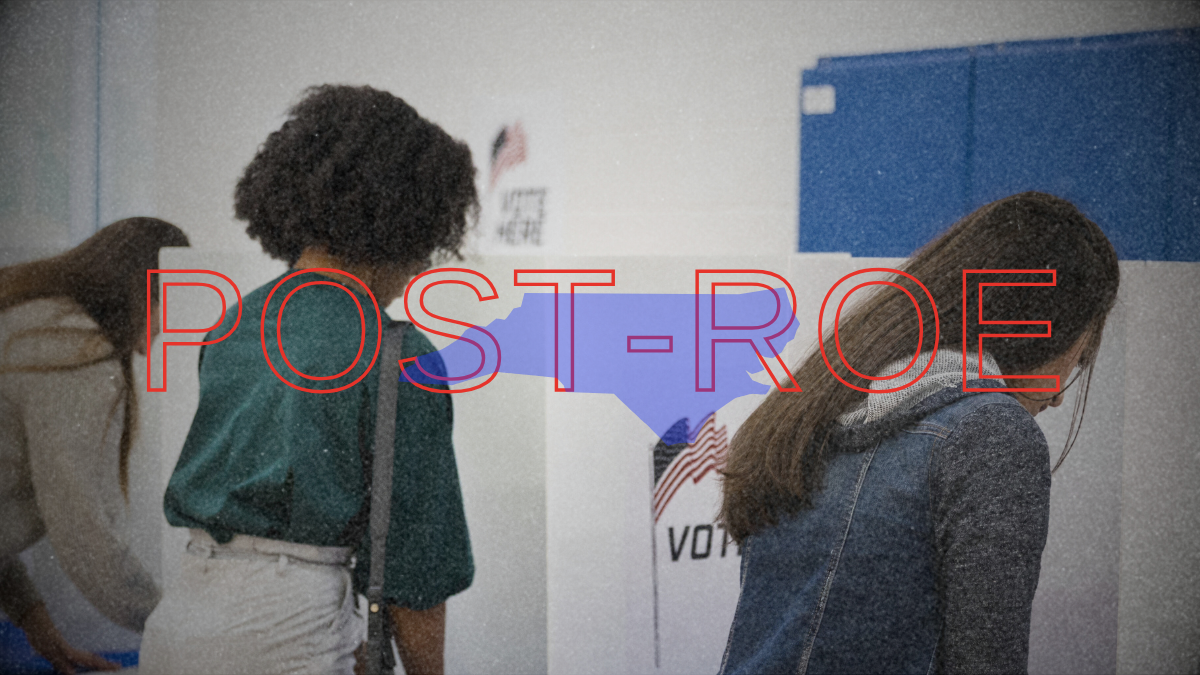Source: News From The States
In 2007, Dr. Kristin Lyerly experienced a tragic miscarriage when her placenta detached at 17 weeks during her fourth pregnancy. A recent medical school graduate, she was devastated when her doctor in Madison, Wisconsin, gave her just one option: to deliver and bury her stillborn child.
Determined to avoid the emotional trauma of that process, she sought a dilation and evacuation (D&E) abortion, knowing it was a safer, less invasive alternative. However, her doctor refused, providing Lyerly with a firsthand experience of the limited reproductive choices many Americans face.
At the time, Lyerly was pursuing a master’s degree in public health before starting her OB-GYN residency. Fortunately, another doctor at the same hospital performed the D&E procedure. Her experience with abortion care would shape her career, especially as she witnessed the stigma and restrictions surrounding abortion—even though it was a medical necessity for many of her patients, including conservative Catholics in northeastern Wisconsin.
On June 24, 2022, the Supreme Court’s ruling to overturn federal abortion rights changed Lyerly’s career and the national landscape overnight. States like Wisconsin reverted to 19th and 20th-century abortion bans, forcing Lyerly to stop practicing as an OB-GYN in Sheboygan. She relocated to Minnesota and became a plaintiff in a lawsuit challenging Wisconsin’s 1849 feticide law, which was being interpreted as an abortion ban. This law has since been blocked, but Lyerly’s fight didn’t stop there.
When a congressional seat opened in a key Wisconsin district, Lyerly, now 54 and a mother of four, joined the wave of women running for office after the Dobbs decision. She’s part of a larger movement to restore reproductive rights, along with other OB-GYNs and patients denied abortion care. Lyerly’s campaign is a symbol of the backlash against the Dobbs ruling, with many Americans turning to the ballot box to influence laws on reproductive health.
Wisconsin, a critical swing state, is one of seven expected to determine the outcome of the next presidential election, where abortion is shaping up as a key issue. Ryan Stitzlein, vice president of political and government relations at Reproductive Freedom for All, notes that since the Dobbs decision, abortion has consistently driven voter turnout. This trend has led groups like Stitzlein’s to invest heavily in local races, including those in conservative districts like Lyerly’s, energized by Democratic presidential nominee Kamala Harris’ focus on reproductive rights.
Anti-abortion groups like Susan B. Anthony Pro-Life America are pouring resources into these swing states as well. Their messaging, often supported by GOP candidates like Donald Trump, focuses on painting Democrats as supporters of extreme late-term abortions, even though late-term abortions are the rarest and oftentimes are medically necessary. However, many Republican candidates have been relatively quiet on the issue that once galvanized their base.
Despite the efforts of anti-abortion groups, polls in swing states show bipartisan support for abortion rights, especially when voters understand the impact of abortion bans. More than half of these battleground states have seen reduced access to abortion since the Dobbs ruling, and abortion rights advocates remain determined to protect or restore it.
In Arizona, for example, the Dobbs decision revived a Civil War-era law banning abortion except to save the mother’s life. This fall, Arizona voters will weigh in on a ballot measure that seeks to protect abortion rights up to fetal viability, about 24 weeks. Meanwhile, Georgia’s strict abortion ban has caused controversy after the deaths of two women navigating the law’s murky language on medical care. These cases have sparked renewed activism in the state, with many calling it a health care crisis, fueled by the policies of former President Trump.
In North Carolina, many people oppose the 12-week abortion ban that was passed by the Republican-led legislature last year after they overrode a veto from Democratic Gov. Roy Cooper.
In the highly watched governor’s race, Democratic Attorney General Josh Stein is up against Republican Lt. Gov. Mark Robinson, who has openly declared that “there is no compromise on abortion.” Robinson also faced increasing pressure to withdraw from the race due to controversial comments he made years ago on a pornography website, while Stein is gaining support from notable Republicans in the state.
Iliana Santillan, a political organizer advocating for reproductive rights, has been working to mobilize the growing Latino voting population in North Carolina. As the executive director of the progressive nonprofit El Pueblo and its political arm, La Fuerza NC, Santillan has spoken with many young women, including her college-aged daughter, who are driven to protect their reproductive rights. She highlights that the Latinx community faces unique barriers to reproductive care, such as language difficulties and transportation issues. Undocumented immigrants, in particular, often fear traveling across state lines without a driver’s license to access care.
Santillan also pointed out the common misconception that all Latinos oppose abortion because of their Catholic faith. In reality, she said, opposition to abortion is more prevalent among older generations.
“For older folks, the messaging that has been effective is: ‘We don’t want politicians deciding what we do with our bodies,’” Santillan explained.





